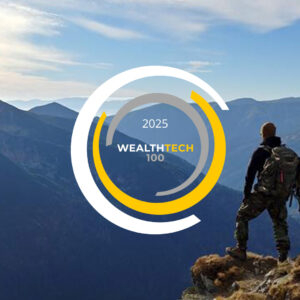Knowledge Centre Guide:
News & Events

New Interest in the S/EIS Post-Budget
February 9, 2025
The Enterprise Investment Scheme Association (EISA) are hosting a webinar on Thursday 13th February at 13:00pm

AIM and beyond – what next for AIM & what are the alternatives?
January 28, 2025
Fundamental Asset Management are hosting a webinar on Thursday 6th February at 15:00pm

Review of the ProVen VCTs and the VCT landscape
January 28, 2025
Beringea are hosting a 45 minute webinar on 5th February at 11:30am

EIS vs VCTs: Who’s Your 2025 Tax Efficient Investment Champion?
January 28, 2025
o2h Ventures are hosting a webinar on Friday 31st January at 14:00pm

Autumn Budget 2024: What does it mean for investors and start-ups
October 30, 2024
Love Ventures are hosting a post Budget webinar on Friday 1st November 2024 at 12pm

Par Equity Webinar: Post Budget – Why EIS?
October 25, 2024
Par Equity are hosting a post Budget webinar on Wednesday 6th November at 11am

Budget Day reaction and analysis for IFAs
October 25, 2024
Mercia are hosting a Budget Day webinar with guest speaker Simon French on Wednesday 30th October 2024

Post Budget Webinar
October 25, 2024
Foresight will be hosting a post Budget webinar on Wednesday 6th November at midday






